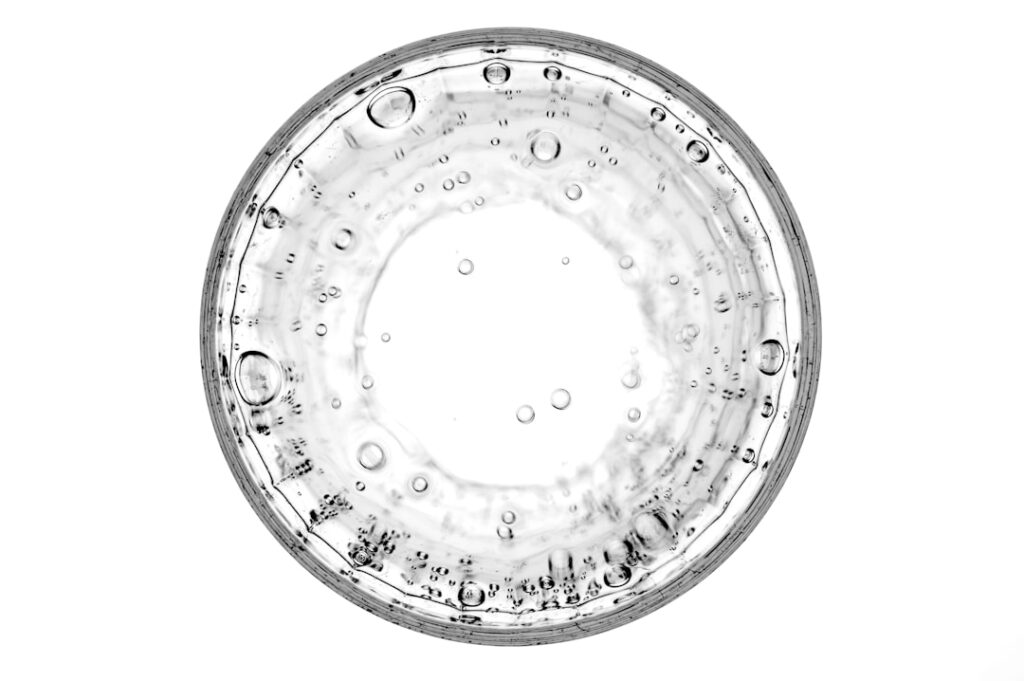The Benefits of Water Deionization Treatment
Water is an indispensable element in many manufacturing processes, often hinging on purity to ensure quality and efficiency. Water deionization treatment is a pivotal process, especially in industries that demand high levels of water purity, such as pharmaceuticals, electronics, and food and beverage. This treatment method removes dissolved ions from water, resulting in high-purity water that is essential for specific industrial applications. Keep reading to discover the advantages this technology can offer your business.
Understanding Water Deionization Treatment and Its Importance

Water deionization is a process that strips the water of its mineral ions, such as cations like sodium, calcium, iron, and copper, and anions like chloride and sulfate. This process is achieved through ion exchange resins that replace harmful contaminating ions with hydrogen and hydroxyl to form pure water. The result is demineralized water that has a significantly reduced conductivity, making it ideal for use in situations where mineral ions could interfere with chemical processes or lead to the degradation of equipment.
Implementing water treatment deionization is essential not just for the end product but for the entire manufacturing system. The effectiveness of this treatment lies in its capacity to adapt to various levels of purity requirements. By customizing the deionization process, companies can meet specific demands set by industry standards or their internal quality control guidelines. Proper understanding and implementation of deionized water treatment are therefore pivotal to the success of these industries.
In addition to industry compliance and product efficacy, water deionization also plays a vital role in protecting the environment. By removing potentially hazardous chemicals and minerals from water before its use in industrial applications, the risk of these contaminants returning to the ecosystem is minimized. This process underscores the interconnectedness of environmental responsibility and industrial purification methods.
Enhancing Equipment Lifespan With Deionized Water
The use of deionized water in industrial machinery and equipment helps in protecting their integrity and extends their lifespan. Minerals found in non-deionized water can lead to scale buildup, corrosion, and other forms of damage over time. Scale buildup can significantly hamper efficiency, leading to increased energy consumption and higher operational costs. By contrast, deionized water, free from these impurities, minimizes the risk of such damage.
Consistent use of deionized water in cooling and process systems also leads to better energy efficiency. When equipment operates without the hindrance of mineral deposits and corrosion, it can function at optimal levels, thereby conserving energy. In essence, deionized water not only prolongs machinery lifespan but also contributes to cleaner, greener manufacturing practices.
The Role of Deionized Water in Reducing Chemical Costs and Maintenance
One of the key advantages of using deionized water is the reduction in chemical costs. Contaminated water often requires additional treatment chemicals to prevent scaling and corrosion in machinery—a process that can be both complex and expensive. Deionized water, on the other hand, needs fewer additives, thereby lowering operating costs and simplifying water management systems.
The reduction in chemical use not only lowers direct purchasing costs but also reduces the complexity of wastewater treatment. This can lead to additional savings, as facilities with fewer pollutants in their wastewater may incur lower treatment costs and fewer regulatory hurdles. By leveraging deionized water’s purity, industries can simplify their processes and focus their financial resources on core business operations.
Water Deionization's Contribution to Consistent Product Quality

Maintaining consistent product quality is a fundamental requirement for any industry, and deionized water plays a crucial role in achieving this. In processes such as pharmaceutical compounding or semiconductor manufacturing, the highest levels of water purity are essential. Deionized water ensures that products are free from contaminants that could impair their performance or safety, leading to a higher trust in brand quality.
In certain manufacturing operations, like food and beverage production, deionized water contributes to taste purity and shelf life. The removal of ions that can cause off-flavors or spoilage is critical to ensure that products meet both consumer expectations and regulatory standards. This level of consistency is a direct result of using superior-quality deionized water throughout the manufacturing process.
Overall, the benefits of water deionization treatment in industrial applications are multifaceted and impactful. From enhancing equipment life and reducing chemical and maintenance costs to ensuring consistent product quality and providing numerous environmental advantages, the value of deionized water cannot be overstated. As industries continue to seek solutions that balance operational excellence with ecological responsibility, water deionization stands out as a key component in achieving these objectives.
